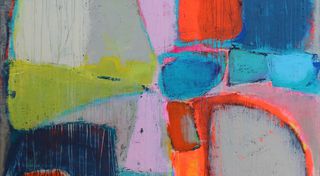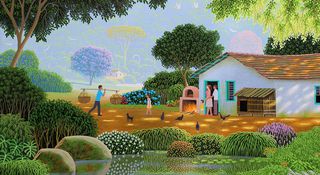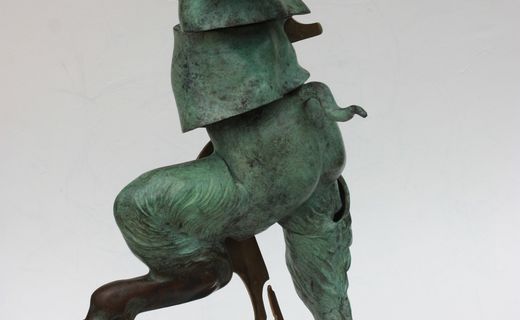

The role of the artist was to give something to see, but I increasingly believe it is to give something to think about.
Biography
Arman, whose real name is Armand Pierre Fernandez, was born on November 17, 1928 in Nice. Son of an antiques dealer and art lover, he was introduced to art and music , which will greatly influence his career. At the age of ten, he began painting. He continued his studies at the École des Arts Décoratifs in Nice, where he met Yves Klein, then at the École du Louvre in Paris, specializing in archeology and Asian art.
In the early 1950s, Arman began his career as a painter , signing his first works with his full name before adopting the pseudonym Arman in homage to Van Gogh. In the 1950s, he gradually turned away from painting to explore other mediums. In 1960, he co-founded the New Realists movement with Yves Klein , César , Pierre Restany, and others, advocating the use of everyday objects in art.
In 1959, Arman created his first "accumulations", sculptures composed of numerous identical objects cast in plexiglas. These works highlight overconsumption and the ephemeral nature of products in a society of abundance. At the same time, he developed his "angers" and "combustions" from 1962, where he destroyed objects to reconstruct them in an artistic way, thus exploring destruction as much as accumulation.
Arman settled in New York in 1961, where he had his first exhibition. Despite his installation in the United States, he continues to return regularly to Europe to exhibit his works. His monumental sculptures occupy public spaces in nearly a hundred cities around the world, such as "Long Term Parking" in France and "L'Heure de tous" in Paris. A retrospective of his work was organized at the Center Pompidou in 2010, among other major international exhibitions.
Arman became an American citizen in 1973. He received the Legion of Honor in 1989 and continued to influence the art world until his death on October 22, 2005 in New York. His work, which also includes engravings and lithographs , is present in the collections of many prestigious museums, such as the Metropolitan Museum of Art and the Center Pompidou. His works continue to inspire and provoke reflections on consumption and the status of objects in modern society.
In 2024-2025, his influence endures with exhibitions at the Musée d'Art Moderne in Strasbourg (Tribute to Cubism) and the Azzedine Alaïa Foundation.
His work continues to inspire, as evidenced by Arman Méliès' performance at the Théâtre des Abbesses in Paris in April 2025. His monumental sculptures and iconic creations, showcased at the Centre Pompidou, MoMA New York, and the Musée d'Art Contemporain in Nice, continue to break records at auctions at Sotheby's and Christie's.
Nationality
Categories
Artistic movements
Themes
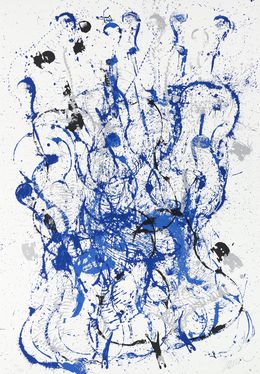
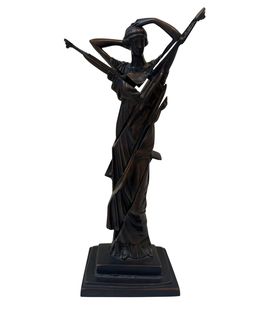

Arman
Design - 55 x 82.5 x 12 cm Design - 21.7 x 32.5 x 4.7 inch
€1,500


Arman
Fine Art Drawings - 25.4 x 20.3 x 1.3 cm Fine Art Drawings - 10 x 8 x 0.5 inch
€1,316

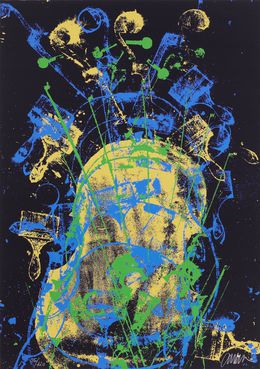
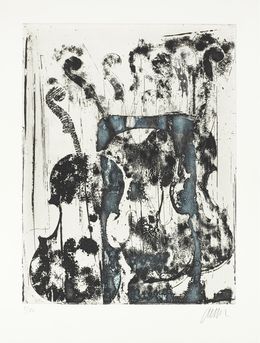


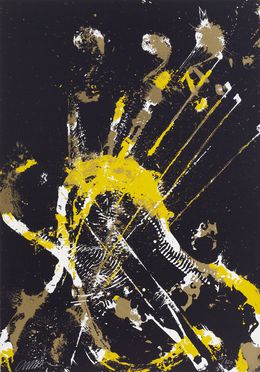






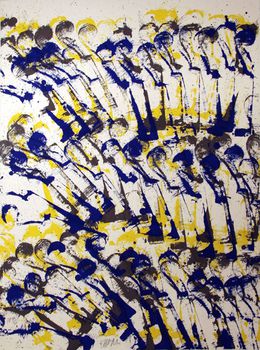

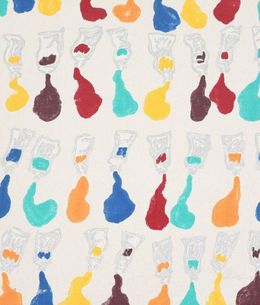

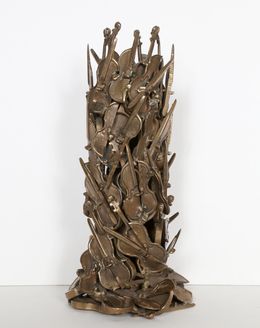

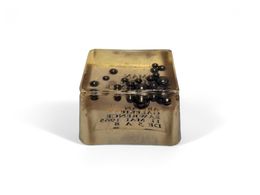
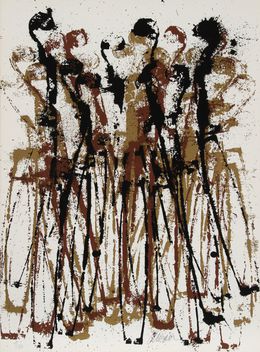
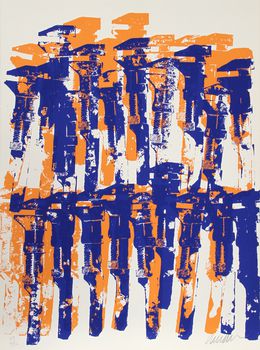

Arman
Print - 76 x 56 x 0.1 cm Print - 29.9 x 22 x 0 inch
€600



Arman
Sculpture - 61.5 x 27.5 x 12 cm Sculpture - 24.2 x 10.8 x 4.7 inch
€28,000
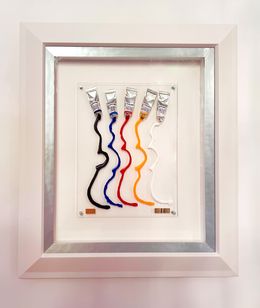







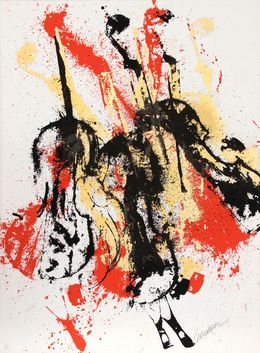

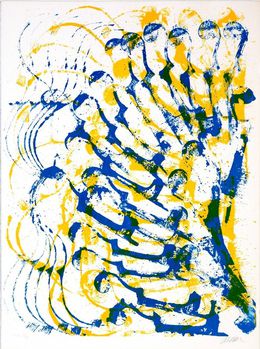
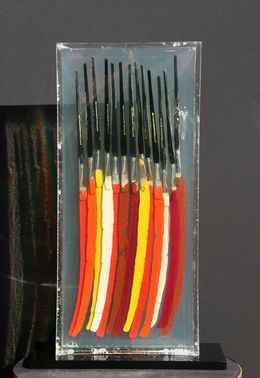



Arman
Print - 73.7 x 55.9 x 1.3 cm Print - 29 x 22 x 0.5 inch
€1,316

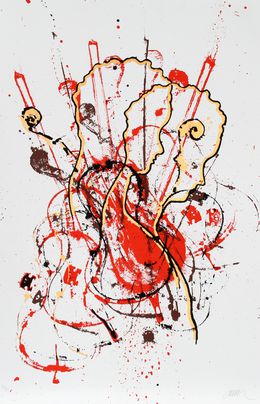




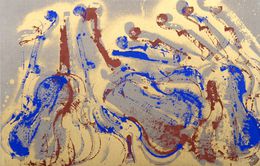


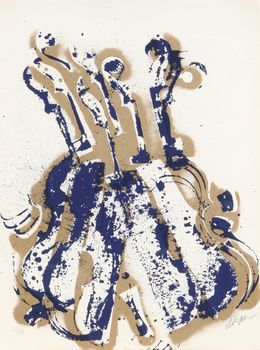


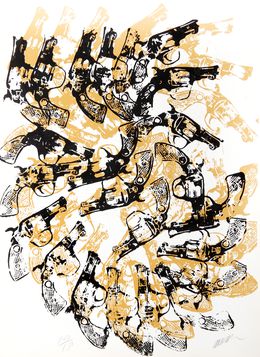
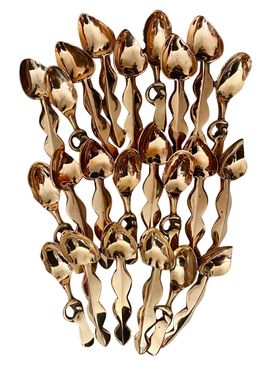

Studio of Arman
Exhibitions dedicated to Arman
Discover the movements linked to Arman
César Baldaccini
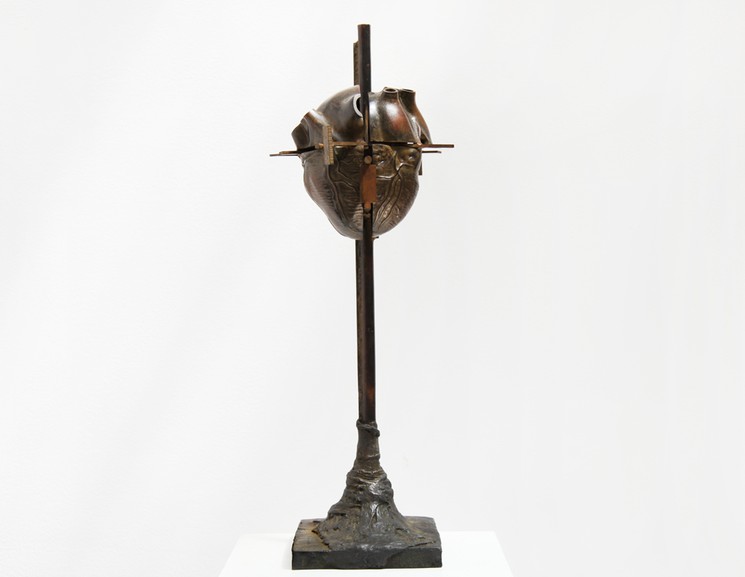
Jean Dubuffet

François Morellet
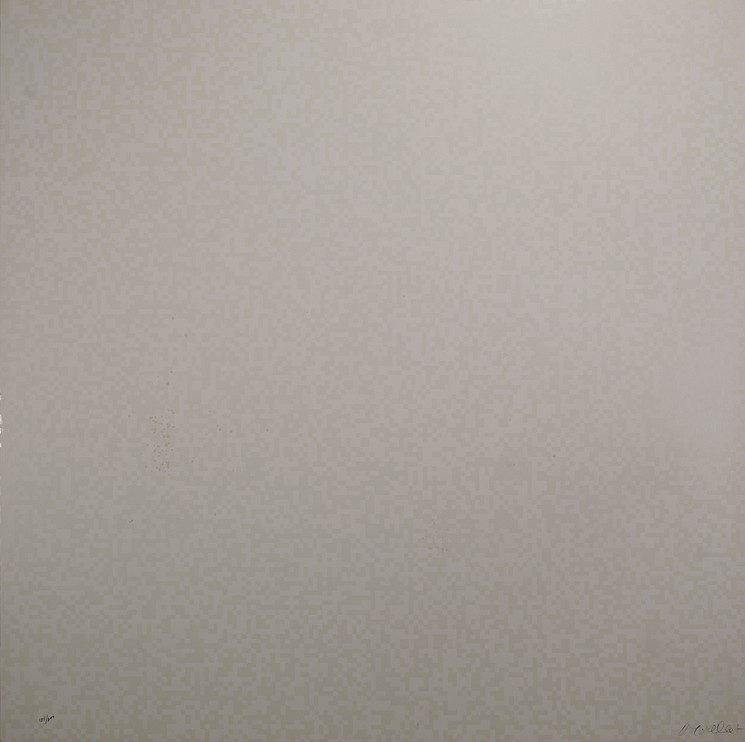
Alben
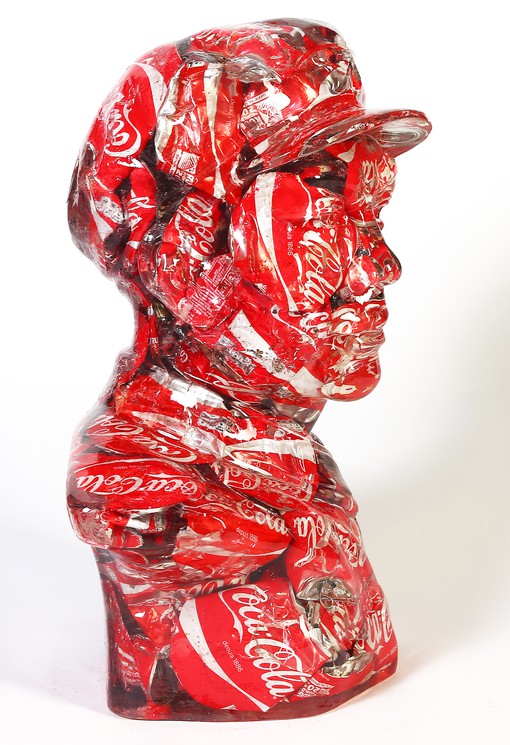
Joseph Beuys
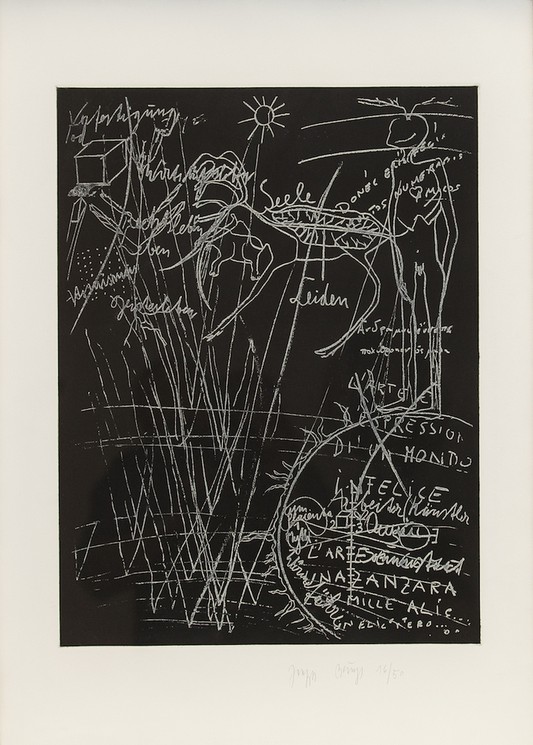
Victor Vasarely

Jean Tinguely

Mimmo Rotella
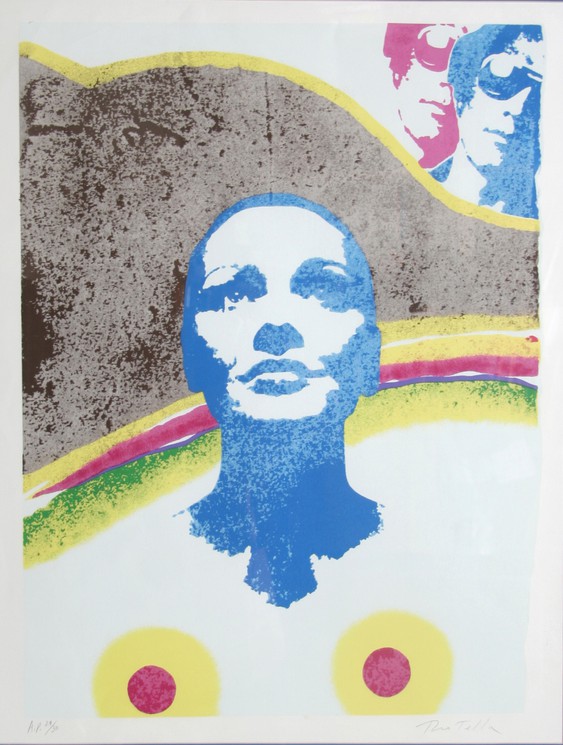
Posts about Arman
Discover our selections of works by artists
Arman was born in France in 1928. He is a French-American artist known for his pioneering work in Nouveau Réalisme and his innovative use of everyday objects in art.
Arman, the French-American artist, was born into a family of Spanish and Algerian descent and was raised Catholic. However, his work is not directly associated with any particular religion.
Arman is the stage name of Armand Pierre Fernandez, a renowned French-American visual artist. He is known for his accumulations of objects and his works exploring consumer society.
Accumulation in art refers to a technique of assembling numerous identical or similar objects to create a work. This process, popularized by Arman, questions consumer society and the notion of repetition.
